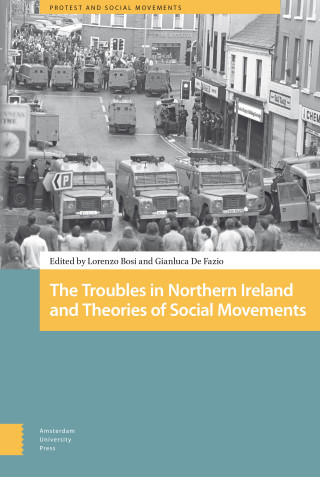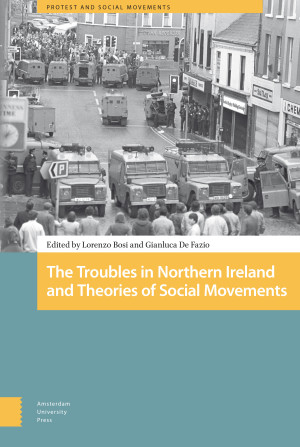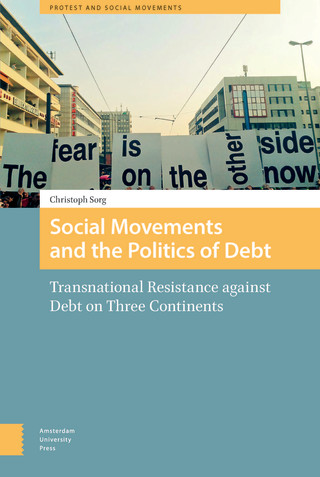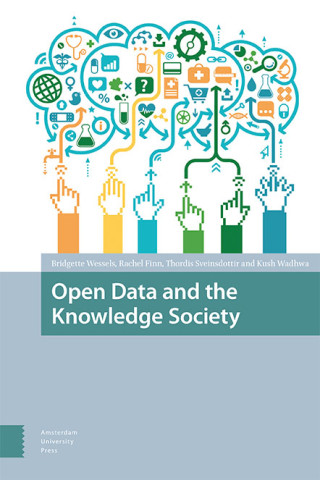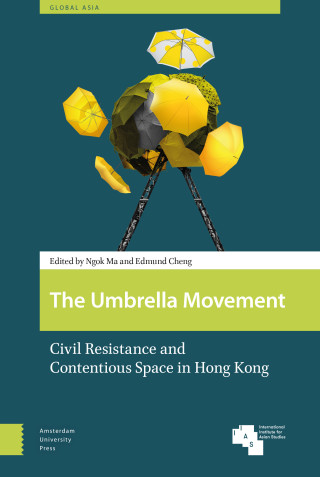Lorenzo Bosi is a Research Fellow in the Centre for Social Movement Studies (COSMOS) at the European University Institute. His research interests include social movements and political violence. He has published in several academic journals and is co-editor of
Dynamics of Political Violence (Ashgate, 2014), of
Political Violence in Context (ECPR PRESS, Forthcoming), of
The Dynamics of Radicalization: A Relational Comparative Perspective (Oxford University Press, Forthcoming) and of
The Consequences of Social Movements (Cambridge University Press, Forthcoming).
